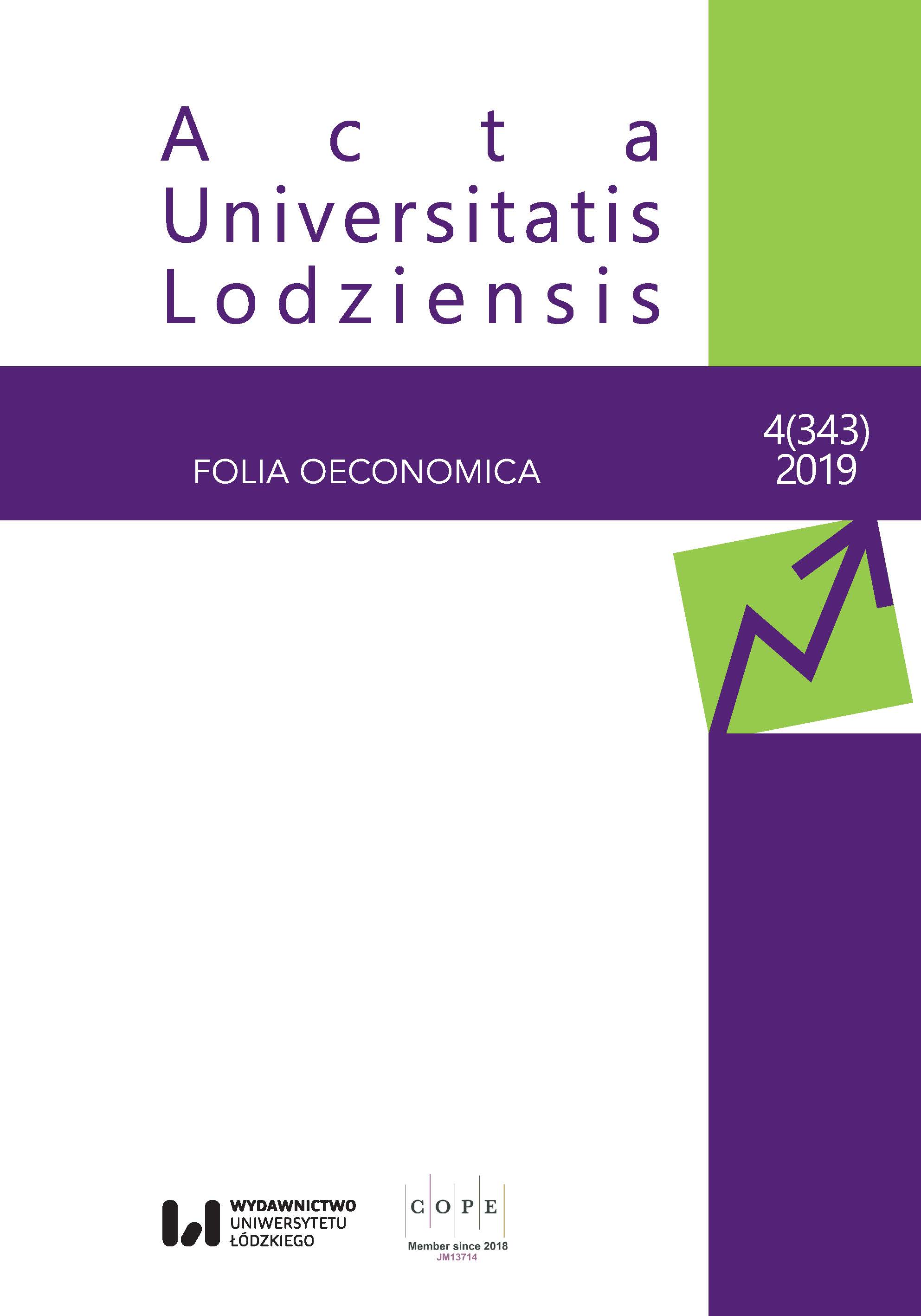The Impact of Trade Liquidity on the Rates of Return from Emerging Market Shares Based on the Example of Poland, Austria and Hungary
The Impact of Trade Liquidity on the Rates of Return from Emerging Market Shares Based on the Example of Poland, Austria and Hungary
Author(s): Agata Gniadkowska-SzymanskaSubject(s): Business Economy / Management, Financial Markets, Accounting - Business Administration
Published by: Wydawnictwo Uniwersytetu Łódzkiego
Keywords: illiquidity premium;capital market;liquidity of shares;
Summary/Abstract: In relation to assets, liquidity generally relates to the ease by which an asset can be sold immediately after purchase without incurring losses of any kind. These losses could be due to price changes or various transaction costs. This can be seen with respect to various instruments (such as stocks or futures contracts), market segments, or even entire exchanges. The importance of liquidity has been acknowledged a long time ago. A considerable number of studies have investigated stock liquidity, providing evidence that more illiquid stocks have higher returns, which may be deemed an “illiquidity premium”. This paper examines various factors which have an effect on liquidity by presenting the results of research concerning relations between liquidity and stock returns on the Warsaw Stock Exchange (WSE), the Budapest Stock Exchange (BSE) and the Vienna Stock Exchange (VSE). The main objective of the study is to determine whether there is a statistically significant relationship between the trading liquidity of the shares and the evolution of the rate of return on these shares. The applied research methodology is similar to that described by Datar, Naik and Radcliffe in their work “Liquidity and Stock Returns: An Alternative Test”.
Journal: Acta Universitatis Lodziensis. Folia Oeconomica
- Issue Year: 4/2019
- Issue No: 343
- Page Range: 137-157
- Page Count: 21
- Language: English

